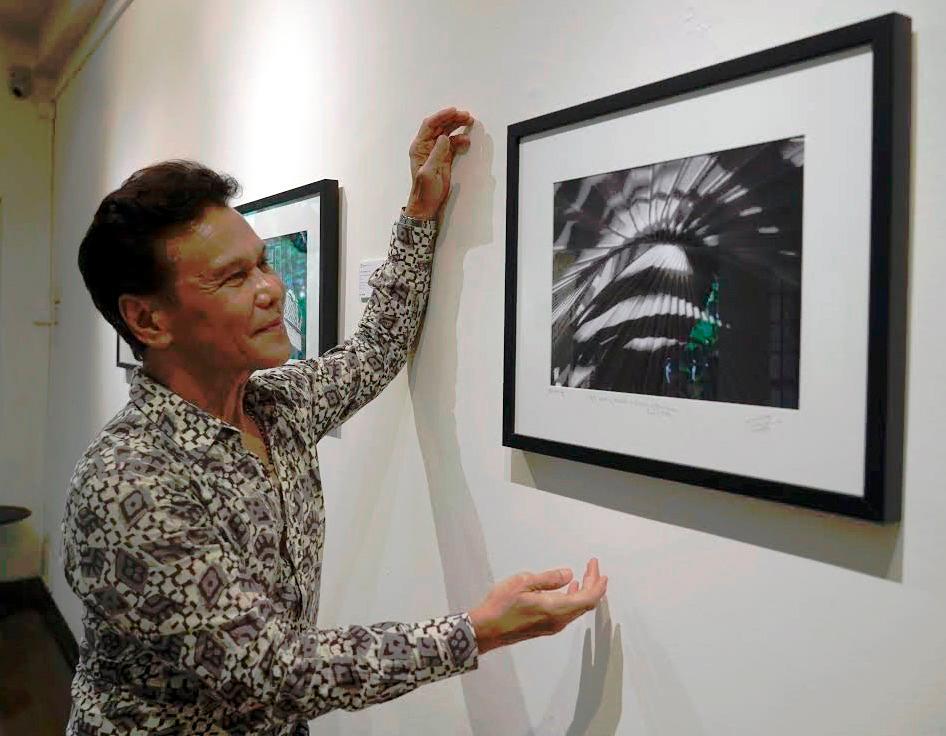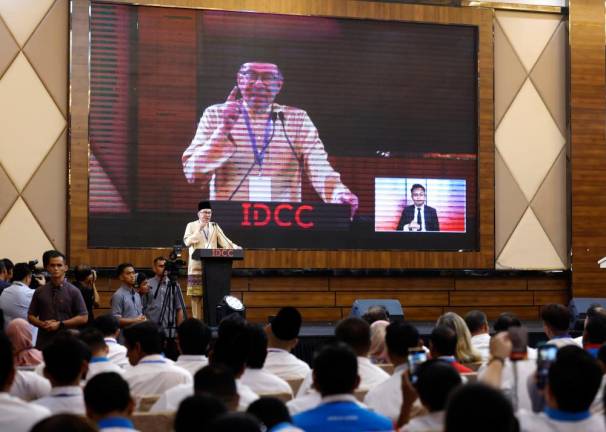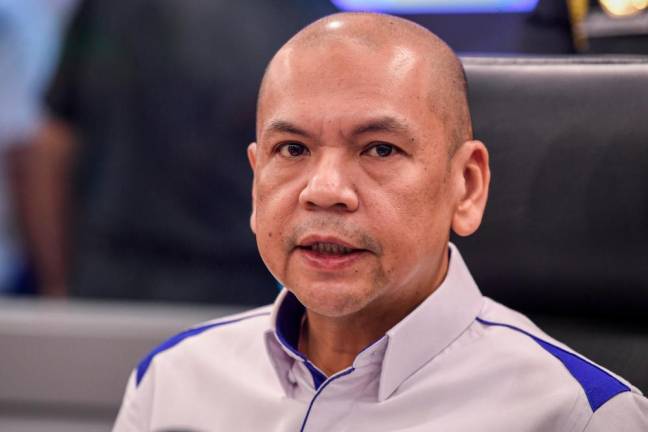FOR most of his life, Datuk Ramli Ibrahim has been straddling two worlds, both of which have not completely accepted him.
In his Malay-Muslim community, he is shunned by fundamentalist individuals and accused of being an apostate for his interest in Indian performing arts.
In the Indian community, whose art he has embraced wholeheartedly, he is scorned by some traditionalists who have accused him of defiling their culture. There are also those who think he should bow out and leave the limelight.
But Ramli has never danced to the tune of his critics. For instance, a recent brush with a university only left him bemused. He was scheduled to give a talk but it was later cancelled.
“It’s just religion interfering with academia,” he told theSun.
His achievements have not gone unnoticed. His 40-year career as a classical Odissi dancer and trainer has won him the Padma Shri, one of India’s top civilian honours, in recognition of his contributions to the dance form and for setting up the Sutra Dance Theatre in Kuala Lumpur, of which he is chairman.
Ramli was drawn to the arts from childhood, nurtured by his mother Kamariah Md Zin.
He recalled an incident at his family home in Petaling Jaya when he was teaching a dance class and his mother was tutoring children on the Quran.
“I told my mother since the students were paying her only RM20 a month, I could give her the money so she could stop.
“But my mother told me that she would stop teaching the Quran if I stopped my dance classes,” he said.
Ramli, who grew up in Kajang, had his first chance to pursue the performing arts in Australia where he studied engineering after leaving school.
“I ended up spending 14 years in Perth where I learned ballet.”
He then left for India to learn the Bharatantyam, a classical dance that originated in Tamil Nadu. He also became interested in Odissi, another dance form indigenous to Odisha state.
Despite all the glamour, Ramli said his journey has not been easy.
“It is pure hard work. There’s this idea that my life is all about parties, which is incorrect. How can you perform after a night out partying?”
But four decades on, Ramli said appreciation for culture in Malaysia has deteriorated.
He cited his brush with the university as a good indication of how culture has become less valued. He believes there is divinity in the appreciation of art.
“It does not mean that there’s a Hindu god in you,” he explained.
“For instance, if you perform the Mak Yong or Silat, it does not mean you memuja (worship a deity).
“We have to embrace universal spirituality. It is a separate concept from religion. The spirituality in us is divine.”
Ramli added the appreciation of art can start at a young age, and the Education Ministry can take the lead in such an effort.
“Ultimately, there must be motivation. To get the young to appreciate the beauty of tradition, they need to be exposed to it. For instance, how many of our young people know the rebab (a stringed instrument shaped like a lute used in the Gamelan ensemble)? They probably know Lady Gaga better,” he said.
Ramli knows the importance of nurturing a child’s talent. Through his foundation’s outreach programme, children aged six to 15 are being trained in classical dance.
To date, more than 200 children have reaped the benefits.
He still gets his share of criticism but Ramli is unfazed.
“When I was young, I thought I’d die if I didn’t dance,” he said. For him, dance is his destiny.
“Call it karma,” he said in parting.














